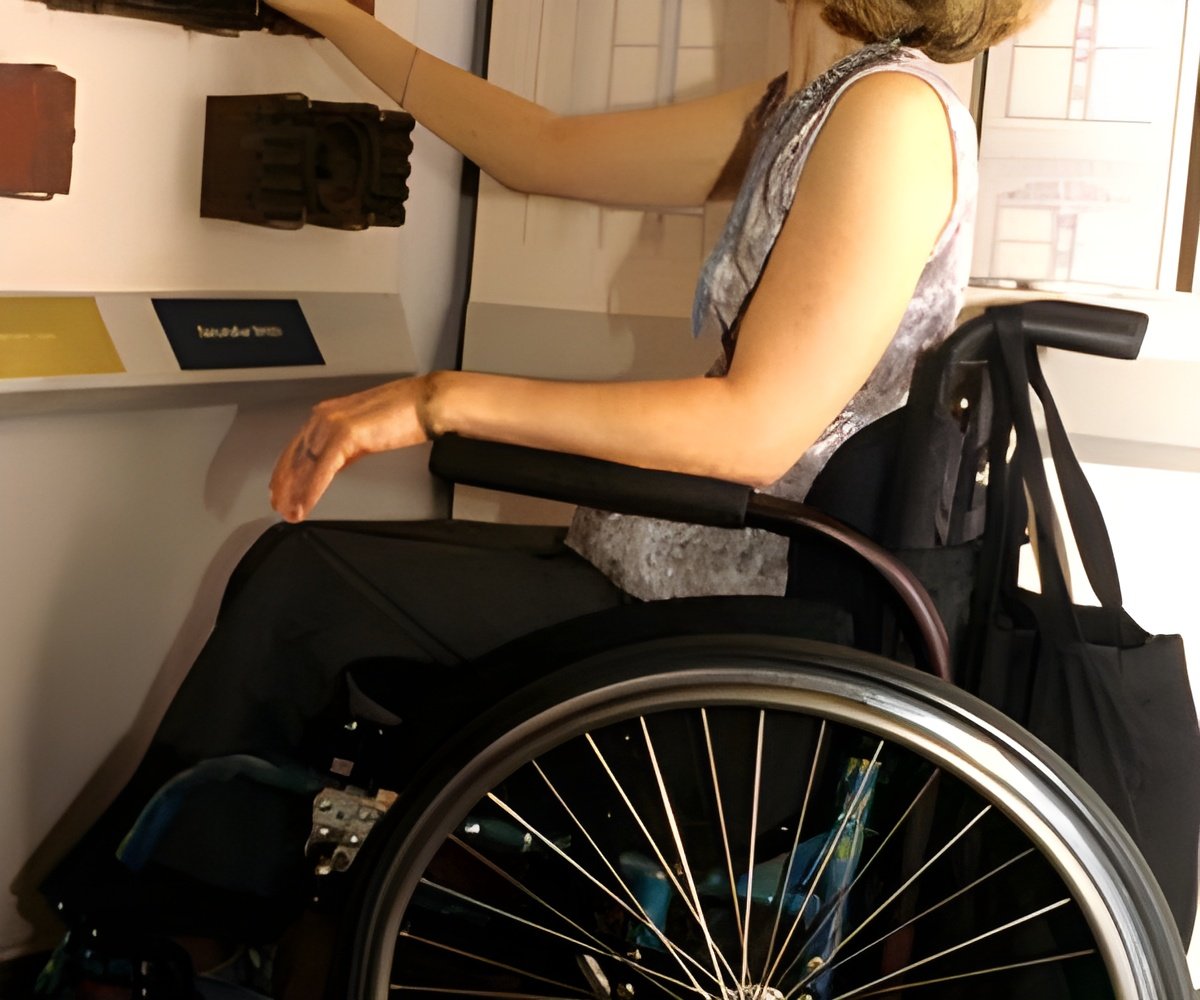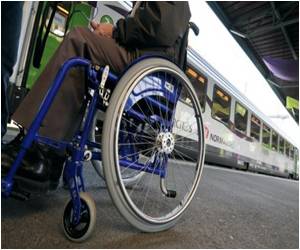Personal assistance relationships are usually empowering and flexible for both employer and workers, but can become emotionally fraught and even wounded.

TOP INSIGHT
It was thought that institutional settings provided the best care, today, however, most people prefer the freedom and control of living at home and hiring a personal assistant if necessary.
Findings of the study into the diversity and complexity of relationships between disabled people and personal assistants will be presented in London, with recommendations for how to make these relationships work better.
The disability rights movement pioneered the model of personal assistance, seeking to distinguish between tasks and emotions. This new study shows that emotions are still at the heart of personal assistance relationships. The flexibility of the relationship is positive, but the lack of agreed meanings and rules can cause uncertainty around boundaries.
Prof Tom Shakespeare, from the University of East Anglia, said: "In the UK, disabled people are free to employ whomsoever they wish and organise support without oversight from third sector agencies. This freedom offers great rewards -- when disabled people have control over their support arrangements it leads to better outcomes.
"But there are also risks, PA relationships frequently involve conflict, and without support managing PA relationships can be demanding and emotionally fraught. We investigated the nature of the role of personal assistant and how it is experienced, the power dynamics and how conflict or other difficulties are negotiated or avoided so that we can make recommendations to improve the success of these working relationships.
Prof Shakespeare said: "The concept of emotional labour is well known from the care literature. But we found that emotional work was required from both the disabled person and the personal assistant, in order for the relationship to go well.
A number of recommendations will be presented at the launch event, from seeking a good match between employer and worker and vetting applicants to clear dialogue and third party resolution.
The report launch event will comprise a presentation of the findings by members of the research team, together with a panel discussion of their implications with Tracey Jannaway (Independent Living Alternatives), Jane Campbell (Baroness Campbell of Surbiton), and Mark Harrison (Equal Lives).
A preview of a new online training package produced for PA employers and workers to help these relationships go better, illustrated by cartoonist David Shenton, will also be shared.
Source-Eurekalert
 MEDINDIA
MEDINDIA




 Email
Email





